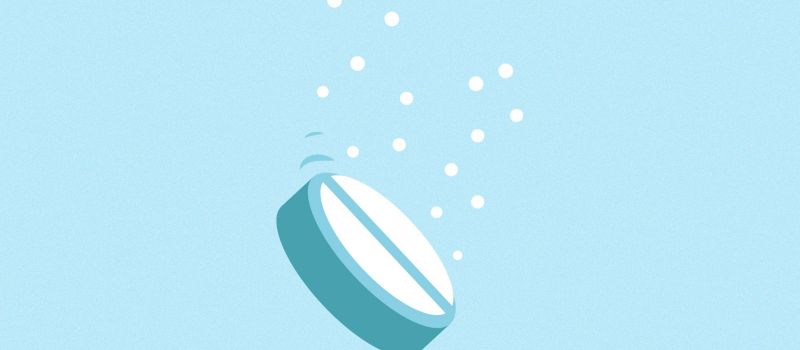Role of water pills for treatment of heart disease
By Canada Cloud Pharmacy | Published Wednesday 28 April 2021

‘Water pills’ is the commonly used terminology for diuretics. These medications are inexpensive and classic medications used to treat people with high blood pressure and heart failure and treat some other health conditions.
The water pills increase the urinary output by increasing the amount of water and sodium to be drawn out of your body from the kidneys. Let’s discuss some essential aspects of using water pills in the treatment of heart patients.
What are water pills?
Water pills are prescription medicines that fall under three different categories of diuretics. They release more sodium and water into your urine, thereby helping the kidneys to produce more urine and keeping the water load on the heart low. These three types include the following:
-
Thiazides: Chlorthalidone and hydrochlorothiazide.
-
Loop diuretics: Torsemide and furosemide.
-
Potassium-sparing diuretics: Spironolactone and amiloride.
How do water pills function?
The water pills help heart patients in several ways. Hence, they are often prescribed in combination with hypertension medications or other heart medications. They function in the following ways:
-
When you suffer from a heart problem, your heart is not able to pump blood efficiently. As a result, fluid builds up in the body, especially on legs, feet, and hands, in the form of edema. Diuretics help your body to get rid of excess fluid and sodium through urine.
-
They reduce the excess fluid load on the heart.
-
They also reduce fluid accumulation in the lungs that is responsible for putting more pressure over the heart.
Are there any side effects associated with the water pills?
Although most water pills are used safely in treating heart problems, they are associated with some side effects. The side effects are as follows:
-
Changes in potassium levels: A thiazide diuretic may result in excess loss of potassium (hypokalemia). This may lead to life-threatening problems. On the other hand, potassium-sparing diuretics may cause an increase in potassium levels which can cause cardiac arrest.
-
Frequent urination: Water pills increase the frequency of urination and decrease sodium levels.
Othhttp://www.health.harvard.edu/heart-health/tips-for-taking-diuretic-medicationser side effects include:
-
Lightheadedness.
-
Dark-colored urine
-
Dehydration causes increased thirst, dry skin.
-
Constipation due to changes in bowel movement.
-
Muscle cramps.
-
Tiredness.
-
Erectile dysfunction in men.
Essential tips for you:
-
In instances where there are severe symptoms of dehydration, it is necessary to see a doctor immediately if you are on water pills.
-
Suppose you are prescribed more than one water pill to be taken in a day. In that case, it is essential to take the first dose during breakfast and maintain the recommended time gap between the two doses. It is advisable to take the second dose before 4 p.m.
When you are prescribed water pills as one of the medications to treat heart disease, follow your doctor’s advice strictly. Adhere to the doses, time of the medication, and diet to be followed while on water pills. Go for regular check-ups and stay healthy.



 Canadian Company
Canadian Company 



 Sign In
Sign In
 Home
Home 
 About Us
About Us 
 How to order
How to order 
 Products
Products 



